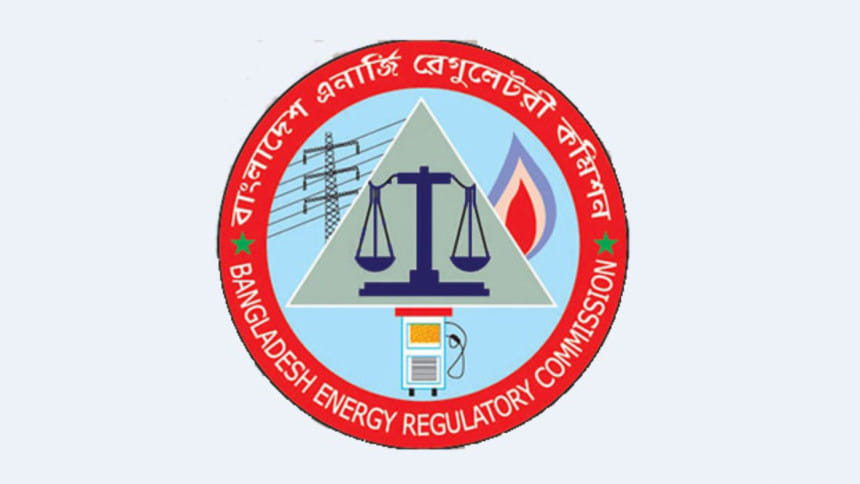Commissionary zeal for breaking the law?

It is surprising to know how the Bangladesh Energy Regulatory Commission (BERC) circumvented due process to bring in new licensing regulations in 2016 allegedly to favour businesses in the energy sector. This is a highly unusual practice, not to mention illegal—one that the regulator kept under wraps until the Ministry of Law intervened in 2018. According to a report by The Daily Star, prior to bringing in the 2016 amendment—replacing the previous licencing regulations of 2006—BERC had failed to seek the law ministry's permission, forgone the mandatory public hearing, and also published a gazette on said amendment without the ministry's vetting, leading the latter to term the whole exercise illegal. As a result, the fate of over 3,500 licences issued or renewed since 2016 has become uncertain.
BERC has now started to rectify its mistakes by publishing the draft copy of a new regulation. We hope due process will be followed this time. But even if we ignore the fact that it took the regulator over two years to act on the ministry's objections, we must ask: Why did BERC amend its regulations illegally in the first place? What emboldened it to think it could get away with such activities? And what could it have possibly achieved from this? Clearly, it wasn't out of the kindness of their heart that the commission brought in relaxed provisions favouring those in the energy business.
For example, the 2016 amendment dropped three sub-sections under Section 3 of the 2006 regulations—the first two required licensees to submit details of ownership and assets, while the third required that companies seeking licences provide an estimated production size and the amount of fuel needed for the purpose. It also added a completely new section saying prices of fuel (gas, oil, coal, LNG, etc) would be determined by the "government or according to the fuel distribution agreement between manufacturer and supplier," although according to the Bangladesh Energy Regulatory Commission Act, 2003, the commission is supposed to determine the price of power generation in consultation with the government. Also, all types of licence fees were changed, while the licence period was extended from one year to three years.
So, we must ask again: What did BERC authorities gain from relaxing or reworking these provisions? There is a hint of corruption that must be investigated. These provisions are not legally tenable anymore—nor are the licences provided under them. Of more than 3,500 licences issued or renewed since 2016, 1,058 were in power sector, 932 in gas sector and 1,600 in petroleum sector. Legal experts are of the opinion that these companies shouldn't have to suffer for how things have turned out, but the illegal status of said regulations means every licence issued under it must be renewed. Whatever course of action is taken, BERC must go through a process of legal scrutiny and accountability for what it did in 2016.

 For all latest news, follow The Daily Star's Google News channel.
For all latest news, follow The Daily Star's Google News channel. 




Comments